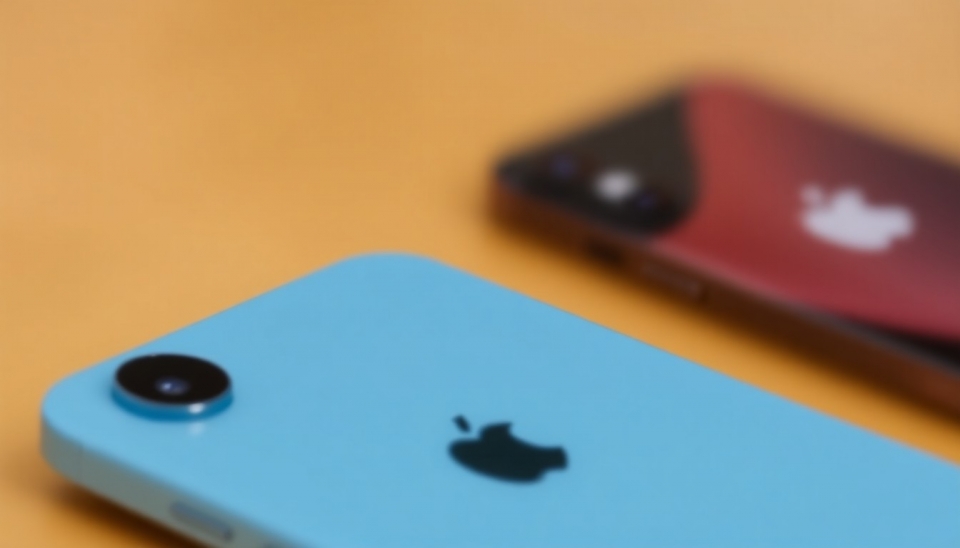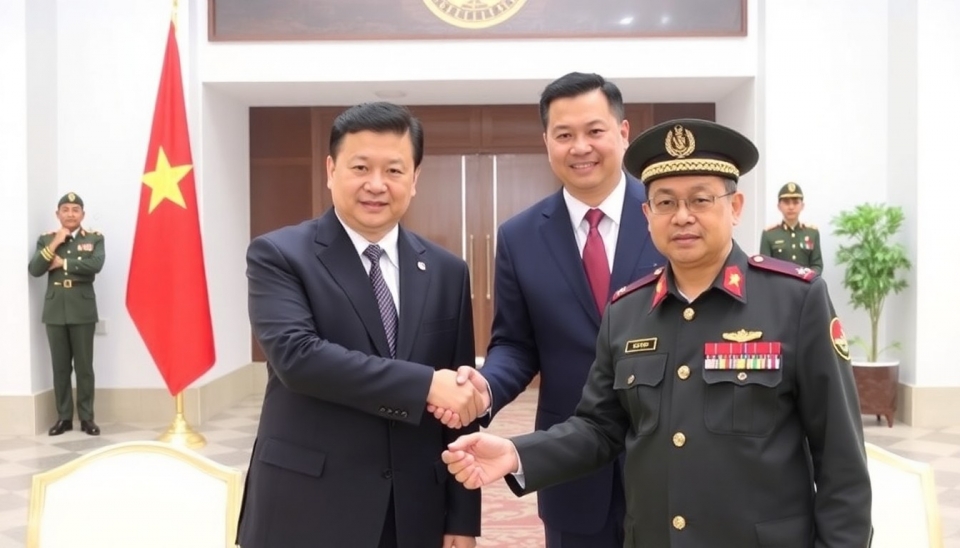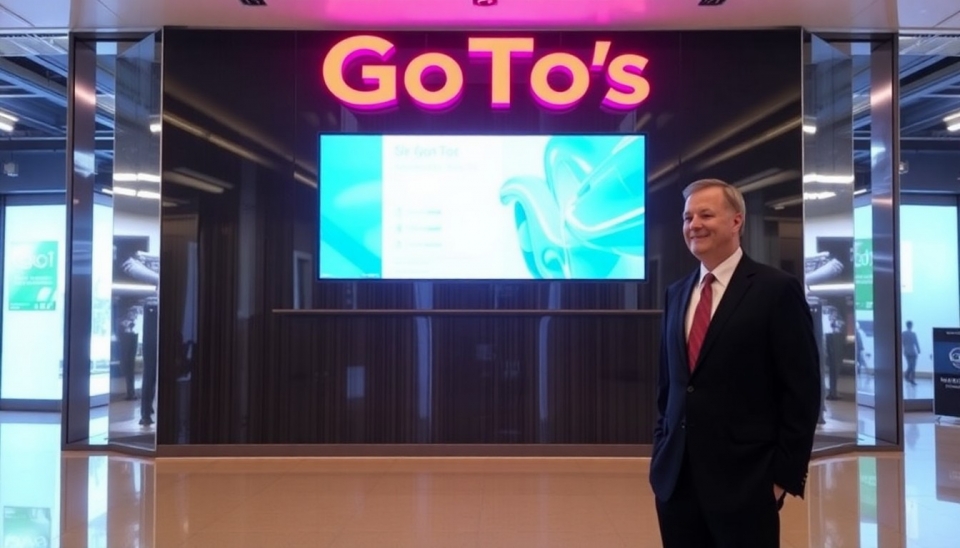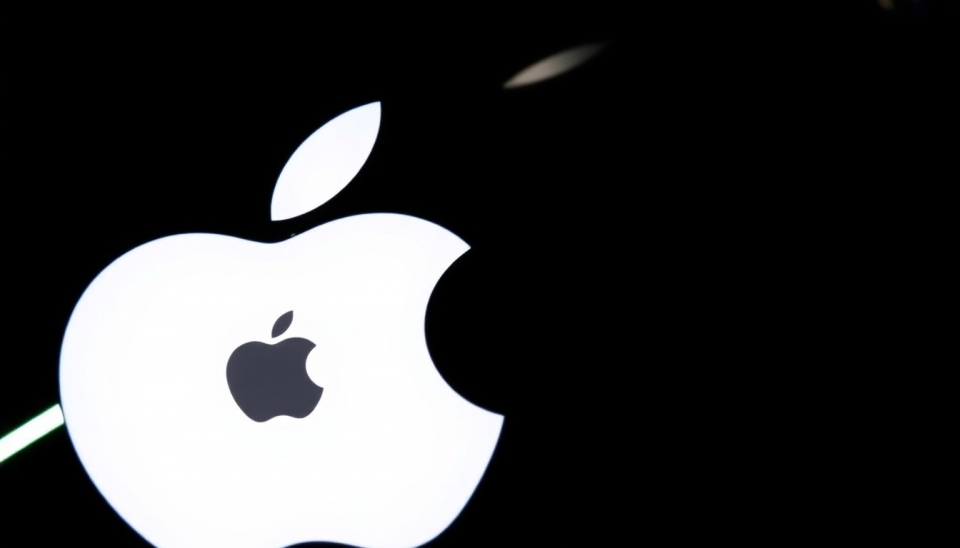
In a significant move that underscores its ongoing stance on technology regulations, Indonesia has decided to uphold its ban on the sale of Apple’s latest iPhone 16. This decision comes despite Apple's recent efforts to introduce a localized version of its AirTag tracking device as a compromise. The clash between Indonesia's regulatory framework and Apple’s product strategy highlights the complexities of operating in one of Southeast Asia's most populous markets.
The Indonesian government, which previously barred the sale of the iPhone 16 due to compliance issues with local regulations, has expressed dissatisfaction with Apple’s response. The country has long mandated that foreign smartphone manufacturers adhere to specific rules, including local participation in the market and compliance with the national telecommunications portfolio.
Authorities claim that while Apple has made strides in addressing some regulatory concerns through the AirTag initiative, these efforts are deemed insufficient to lift the ban on the iPhone 16. The AirTag is aimed at providing a tracking solution that complies with Indonesian regulations, yet it appears to be falling short of meeting the comprehensive requirements set forth by the government.
Industry experts argue that this ban highlights the challenge foreign tech giants face when trying to navigate the intricate landscape of compliance and regulation in various jurisdictions. The situation is particularly pressing as Indonesia represents a rapidly growing market for smartphones, and the absence of flagship models like the iPhone 16 could lead consumers to explore alternatives offered by local and Asian manufacturers.
Apple's foray into localization with the AirTag signals its acknowledgment of the importance of regulatory compliance for sustaining its business operations in Indonesia. However, observers suggest that unless Apple can fully align its product offerings with the regulatory framework that Indonesia demands, the company might face further restrictions moving forward.
The decision around the iPhone 16 serves as a wake-up call not only for Apple but for all international tech companies looking to compete in markets where regulatory requirements are stringent. As Indonesia continues to prioritize local compliance, it may become increasingly challenging for global tech firms to successfully penetrate its burgeoning consumer base.
#Indonesia #iPhone16 #Apple #AirTag #TechRegulations #SmartphoneMarket #Compliance
Author: Liam Carter




